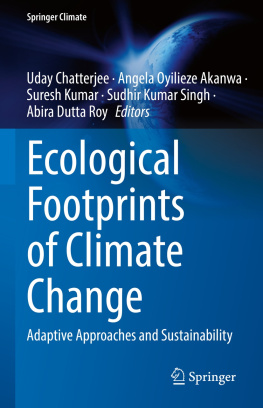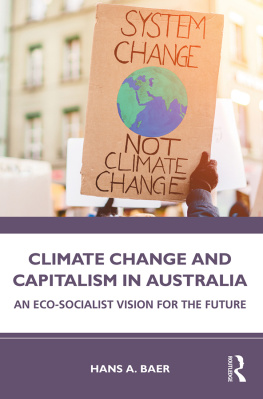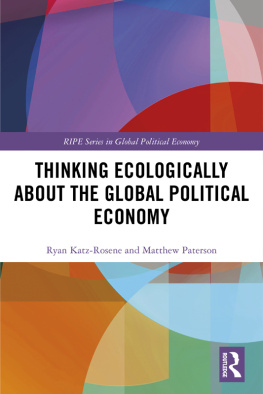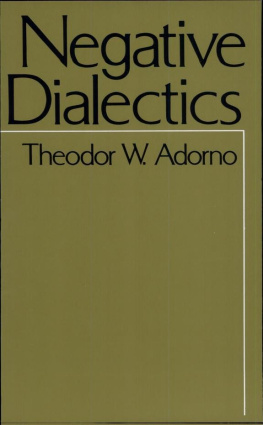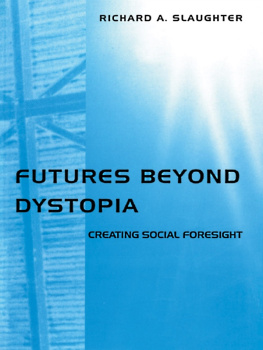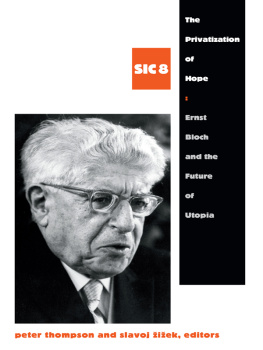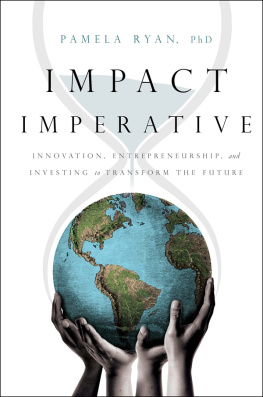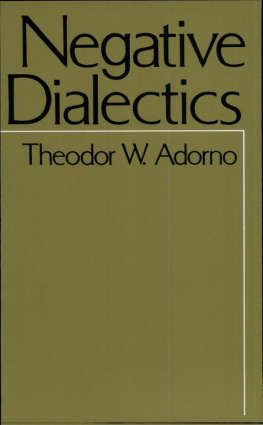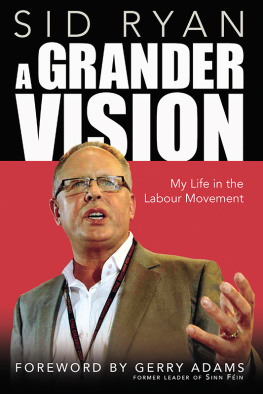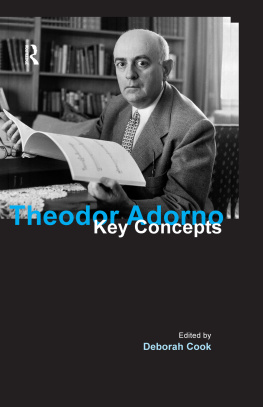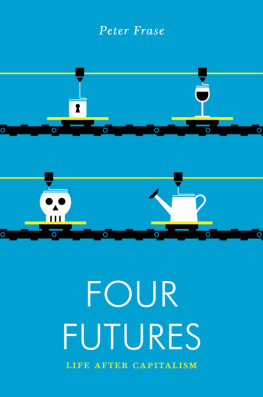
What people are saying about
Hothouse Utopia
The passage from radical theory to transformative practice may seem today more strewn with obstacles and bereft of guideposts than ever before. And yet, as Ryan Gunderson urges in his unsentimental account of hothouse utopianism, the challenges we face in pursuing it should not lead us down the opposite path to quiescence and resignation. There are still genuine possibilities for transcending the status quo worth our efforts, despite everything, to realize their promise.
Martin Jay, Sidney Hellman Ehrman Professor Emeritus of History at the University of California, Berkeley, and author of Reason After Its Eclipse: On Late Critical Theory (2016) and Splinters in Your Eye: Frankfurt School Provocations (2020)
The possibility of dialectical thought has never been more hopeless, the need for it never more pressing. Revisiting the negative utopias of the Frankfurt School in the blood-red light of global ecological catastrophe, Gunderson works critical theory against the grain in a careful, painstaking effort to save philosophy from nihilism, hope from fatuity, and pessimism from despair. Hothouse Utopia is a timely, useful, and important contribution to the impossible yet necessary project of thinking a human future in the Anthropocene.
Roy Scranton, Associate Professor of English and Director of the Environmental Humanities Initiative at the University of Notre Dame, and author of Learning to Die in the Anthropocene (2015) and Were Doomed. Now What? (2018)
Hothouse Utopia
Dialectics Facing Unsavable Futures
Ryan Gunderson

JOHN HUNT PUBLISHING
First published by Zero Books, 2021
Zero Books is an imprint of John Hunt Publishing Ltd., No. 3 East St., Alresford,
Hampshire SO24 9EE, UK
www.johnhuntpublishing.com
www.zero-books.net
For distributor details and how to order please visit the Ordering section on our website.
Ryan Gunderson 2020
ISBN: 978 1 78904 769 1
978 1 78904 770 7 (ebook)
Library of Congress Control Number: 2020947590
All rights reserved. Except for brief quotations in critical articles or reviews, no part of this book may be reproduced in any manner without prior written permission from the publishers.
The rights of Ryan Gunderson as author have been asserted in accordance with the Copyright, Designs and Patents Act 1988.
A CIP catalogue record for this book is available from the British Library.
Design: Stuart Davies
UK: Printed and bound by CPI Group (UK) Ltd, Croydon, CR0 4YY
Printed in North America by CPI GPS partners
We operate a distinctive and ethical publishing philosophy in all areas of our business, from our global network of authors to production and worldwide distribution.
Contents
Guide
Gunderson R (2020) Making the Familiar Strange: Sociology Contra Reification. New York: Routledge. ISBN: 978-0367894429.
Stuart D, Gunderson R and Petersen B (2020) The Degrowth Alternative: A Path to Address our Environmental Crisis? New York: Routledge. ISBN: 978-0367894665.
Stuart D, Gunderson R and Petersen B (2020) Climate Change Solutions: Beyond the Capital-Climate Contradiction. Ann Arbor: University of Michigan Press. ISBN: 978-0472038473.
For Su. Even the darkest nights cant change who you are the brightest, boldest, and roundest gem Ive ever seen shining in this world. Thank you for coming into our family.
I would like to thank David Ashley, Claiton Fyock, and Diana Stuart for conversations related to themes developed throughout this book. Special thanks to Diana and Brian Petersen for helpful comments on an earlier draft. I would also like to thank William Attwood-Charles for reading recommendations, Stephen Lippmann for unknowingly titling the , and Jonathan Levy for unknowingly inspiring the imagined future slogan, 4C is worse than 3C!
Some paragraphs and sections from draw on:
Gunderson R (2015) A defense of the Grand Hotel Abyss: The Frankfurt Schools nonideal theory. Acta Sociologica 58(1): 25-38.
Gunderson R (2017) Ideology critique for the environmental social sciences: What reproduces the treadmill of production? Nature and Culture 12(3): 263-289.
Gunderson R (2018) Degrowth and other quiescent futures: Pioneering proponents of an idler society. Journal of Cleaner Production 198: 1574-1582.
Gunderson R (2020) Dialectics facing prehistoric catastrophe: Merely possible climate change solutions. Critical Sociology 46(4-5): 605-621.
Introduction: A searing sunrise
In a famous passage from the preface to the Phenomenology of Spirit, Hegel (1967: 75) calls periods like our own, a birth-time, and a period of transition, where the:
spirit of man has broken with the old order of things hitherto prevailing, and with the old ways of thinking, and is in the mind to let them all sink into the depths of the past and to set about his own transformation. [T]he spirit of the time, growing slowly and quietly ripe for the new form it is to assume, disintegrates one fragment after another of the structure of its previous world. That it is tottering to its fall is indicated only by symptoms here and there. Frivolity and again ennui, which are spreading in the established order of things, the undefined foreboding of something unknownall these betoken that there is something else approaching. This gradual crumbling to pieces, which did not alter the general look and aspect of the whole, is interrupted by the sunrise, which, in a flash and at a single stroke, brings to view the form and structure of the new world.
Yet the generalized anxiety of our own age is not only caused by undefined foreboding that characterizes any period of rapid change, but, more distinctively, even the silver lining of birth-times, the sunrise previews into the new world, are blinding and burn the skin. Our sunrise is uncontrollable fires, more intense and pervasive heat waves, species extinctions, the spread of fascist-lite politics, facial-recognition technology, and other trends that strike us as desirable as they are controllable.
We feel the weight of an old world crumbling while accelerating and bubbling full of unwelcoming possible futures. For similar though distinct historical reasons, Adorno opens Negative Dialectics with a dark rejoinder to Marxs eleventh thesis on Feuerbach Philosophers have hitherto only interpreted the world in various ways; the point is to change itby alluding to Hegels other metaphor for periods of transition, that of pregnancy and birth.
Philosophy, which once seemed obsolete, lives on because the moment to realize it was missed. The summary judgment that it had merely interpreted the world, that resignation in the face of reality had crippled it in itself, becomes a defeatism of reason after the attempt to change the world miscarried. (Adorno 1973a: 3)
Before exploring the meaning of this passage for dialectics today, let us first stare into our searing sunrise and inspect the swelling of another miscarriage of catastrophic proportions.
Political-economic trends and contradictions
Even after nearly half a century since its onset, it remains impossible to write a word about political-economic trends and contradictions of contemporary capitalism without discussing neoliberalism. In response to the contradictions of the Keynesian-Fordist form of capitalism dominant from the Second World War into the 1970s, neoliberalism emerged as a political project to restore the power of the corporate and ruling classes against the relative political and economic power of organized workers and the welfare state (Harvey 2005). In theory, neoliberalism stresses individual freedom, especially to pursue free enterprise, and a state that promotes strong individual private property rights, the rule of law, and the institutions of freely functioning markets and free trade (Harvey 2005: 64). In practice, neoliberalism is associated with the deregulation of finance, more flexible labor markets (more part-time work, fewer benefits, weaker unions, etc.), reductions in social spending, the privatization of public goods and services, reductions in progressive taxes, and an overall business-friendly state. Neoliberalism as a political-economic program took hold in the 1970s in Chile after General Pinochets murderous US- and CIA-backed coup and then found firm footing in the Reagan and Thatcher administrations in the US and UK, respectively. It has since become, and still is, the dominant global ideology of capitalism.
Next page

